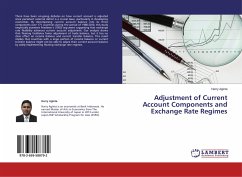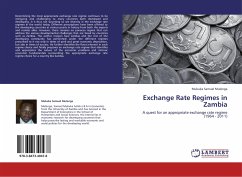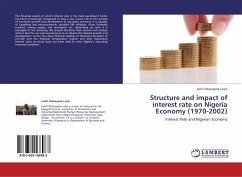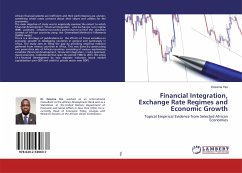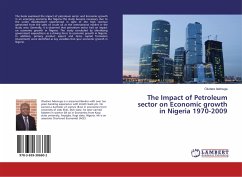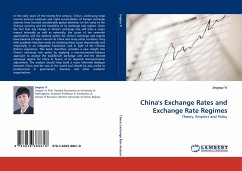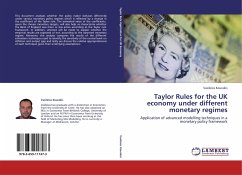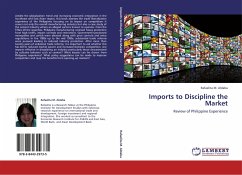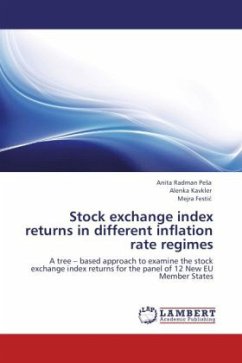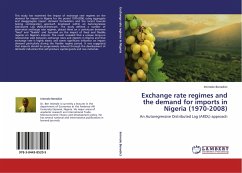
Exchange rate regimes and the demand for imports in Nigeria (1970-2008)
An Autoregressive Distributed Lag (ARDL) approach
Versandkostenfrei!
Versandfertig in 6-10 Tagen
45,99 €
inkl. MwSt.

PAYBACK Punkte
23 °P sammeln!
This study has examined the impact of exchange rate regimes on the demand for imports in Nigeria for the period 1970-2008, using aggregate and disaggregate import demand formulation and the recent bounds testing cointegration approach developed within an Autoregressive Distributed Lag (ARDL)framework. The study defined a number of alternative exchange rate regimes, placed them on a continuum between "fixed" and "flexible" and focussed on the impact of fixed and flexible regimes on Nigeria's imports. The result revealed that a unique long-run relationship exist between exchange rates and import...
This study has examined the impact of exchange rate regimes on the demand for imports in Nigeria for the period 1970-2008, using aggregate and disaggregate import demand formulation and the recent bounds testing cointegration approach developed within an Autoregressive Distributed Lag (ARDL)framework. The study defined a number of alternative exchange rate regimes, placed them on a continuum between "fixed" and "flexible" and focussed on the impact of fixed and flexible regimes on Nigeria's imports. The result revealed that a unique long-run relationship exist between exchange rates and imports in Nigeria and that exchange rate is highly elastic and exerts significant influence on import demand particularly during the flexible regime period. It was suggested that imports should be progressively reduced through the development of domestic industries that will produce capital goods and raw materials.




